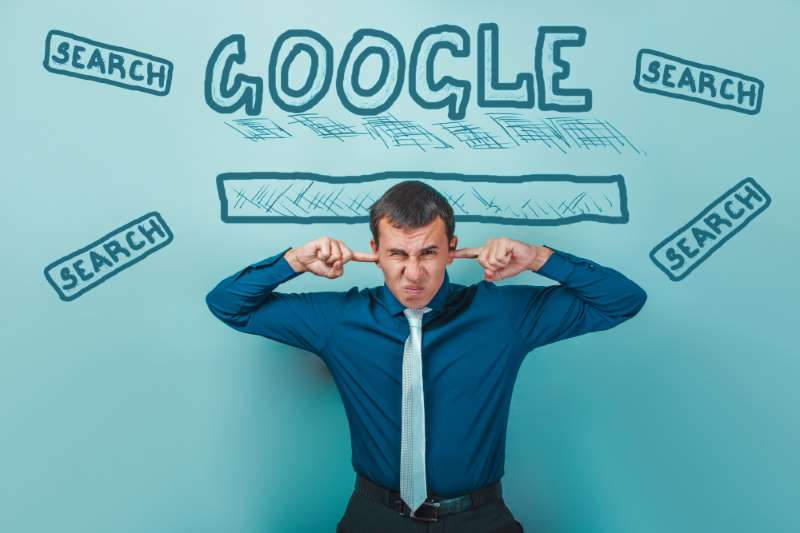By Dylann Brew, a Solicitor of Matthews Folbigg Lawyers in our Intellectual Property Group
In the case of Google LLC v Defteros [2022] HCA 27, Mr George Defteros (“Defteros”) was a criminal lawyer who, in 2004, acted for individuals (including Mr Condello) who became well-known during Melbourne’s “gangland wars”. Defteros and Condello were charged with conspiracy to murder and incitement to murder Carl Williams and others (which were later withdrawn) and were due to stand trial. During the intervening period of the prosecution, the circumstances were widely reported, including various articles in The Age newspaper.
Google LLC (“Google”) provides its search engine to consumers, which included the ability to search news articles such as those published by The Age.
In 2016, Defteros became aware that a search result from Google contained a snippet of an article published by The Ages in 2004 entitled ‘Underworld loses valued friend at court’ (“Underworld Article”) and also provided a hyperlink to the full article contained on The Ages website (“Search Result”).
Supreme Court of Victoria
Defteros brought proceedings in the Supreme Court of Victoria claiming that the Search Result and the Underworld Article defamed him (“Web Matter”).
Publication is an essential element of defamation. The Supreme Court considered the 1928 case of Webb v Bloch which held that defamation requires an intention to assist in publication of the defamatory material.
The Supreme Court found that:
“”[i]n [her Honours] view, the provision of a hyperlink within a search result facilitates the communication of the contents of the linked webpage to such a substantial degree that it amounts to publication of the webpage”.
As such, the trial judge found that Google was a publisher of the Web Matter and the Web Matter conveyed defamatory imputations that Defteros had crossed the line from being a professional lawyer to becoming involved in criminal elements. Defteros was awarded general damages of $40,000 plus interest and costs.
Appeal to the Court of Appeal
Google appealed the decision to the Court of Appeal. The Court of Appeal agreed with the trial judge’s conclusion. The Court of Appeal noted that Google, as a secondary publisher, was not liable for the publication of the defamatory matter. However, once being notified by Defteros of the Web Matter and its defamatory nature, and requesting for the material be removed, Google became a publisher of the Underworld Article 7 days after it received the notification by failing to remove the material.
The Court of Appeal dismissed the appeal.
Appeal to the High Court
Google appealed to the High Court of Australia claiming that the Court of Appeal was wrong to:
1. conclude that Google published the Web Matter;
2. reject Google’s defence of common law;
3. reject Google’s defence of statutory qualified privilege; and
4. reject Google’s defence of innocent dissemination at common law.
The High Court considered whether Google, in providing search results in response to an enquiry, directing the attention of a person to the webpage, and assisting in accessing it, amounted to an act of participation in the communication of defamatory material.
The High Court found that Google was not instrumental, nor contributed to any extent, in the publication of the defamatory material and did not provide a forum or place where the Underworld Article could be communicated, nor did it encourage the writing of comment in response to the article. The High Court further found that providing a hyperlink to the Underworld Article was not a strong basis for liability as it is merely a tool to enable a person to navigate to another webpage, and as observed in Crookes v Newton, is content-neutral.
Thus, Google had assisted The Age to communicate the defamatory matter as the hyperlink provided merely facilitated access to the Underworld Article to a third party and was not considered participating in the bilateral process of communicating the consent of the article to the third party.
The High Court ordered that the appeal be allowed.
If you would like more information or advice in relation to intellectual property law, contact the Matthews Folbigg Intellectual Property Group – Dylann Brew at dylannb@matthewsfolbigg.com.au, Hayley Hitch at hayleyh@matthewsfolbigg.com.au or Principal, Simone Brew at simoneb@matthewsfolbigg.com.au.

